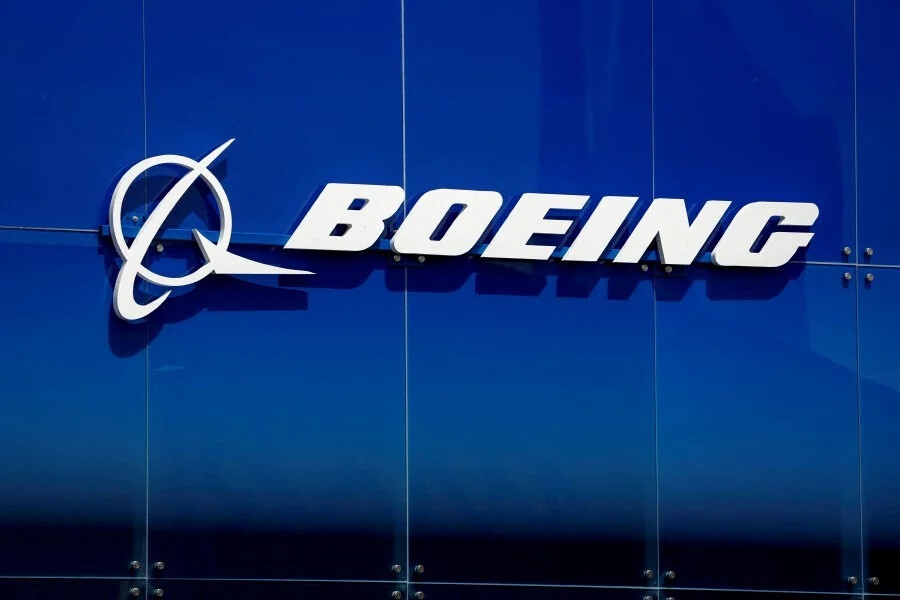
KUALA LUMPUR: Aerospace giant Boeing has underscored its strong commitment to Malaysia as a pivotal partner in its long-term growth strategy within Southeast Asia. The company highlighted Malaysia's crucial role in both advanced manufacturing and the burgeoning sustainable aviation sector during recent remarks.
Boeing Global President Dr. Brendan Nelson affirmed that Malaysia remains an integral component of Boeing's global operations, particularly through its wholly-owned Boeing Composites Malaysia (BCM) facility located in Kedah. This facility plays a vital role in the production of Boeing's commercial aircraft.
"Malaysia is more than just a customer; it is a trusted partner," Dr. Nelson emphasized in a recent exclusive interview with Business Times. "Our BCM factory in Kedah stands as a prime example of our commitment to investing in the local economy and its skilled workforce."
BCM holds the distinction of being Boeing's first wholly-owned subsidiary in Southeast Asia. Initially established as a joint venture between Boeing and Hexcel Corp, Boeing fully acquired Aerospace Composites Malaysia Sdn Bhd from Hexcel in December 2023.
The Kedah-based plant specializes in the production of critical composite components for Boeing's commercial aircraft, including aileron skins, flat panels, and trailing edges for models such as the 737, 777, and the 787 Dreamliner.
"There is a little piece of Malaysia in every single Boeing airplane that is manufactured," Dr. Nelson proudly stated. He further noted that BCM employs over 1,000 Malaysians, significantly contributing to the development of local expertise in advanced manufacturing and aerospace engineering.
Looking ahead, Dr. Nelson revealed plans to expand the BCM workforce by an additional 20 percent over the next two years, demonstrating Boeing's continued investment in the region.
"We are immensely proud of the Malaysian workforce at BCM," Dr. Nelson added. "Their precision, dedication, and expertise are absolutely crucial to Boeing's global supply chain. The standard of work performed by Malaysians is truly world-class."
Beyond manufacturing, Boeing also recognizes significant opportunities within Malaysia's sustainable aviation sector, particularly in the development and production of Sustainable Aviation Fuel (SAF).
Dr. Nelson believes Malaysia is ideally positioned to become a leader in SAF production, given its abundant supply of natural feedstock.
"Malaysia is exceptionally well-suited for this," he stated. "The Malaysian government, in its strategic vision for the nation, clearly recognizes the immense potential of SAF." He further suggested that Malaysia has the potential to become a global exporter of domestically produced SAF.
Furthermore, Boeing sees a considerable opportunity in supporting airlines throughout Southeast Asia, a region experiencing rapid growth in air travel driven by a burgeoning middle-class population and increasing demand.
Boeing's latest market outlook, published in July 2024, forecasts strong demand for new aircraft in the region over the next two decades, particularly in the narrow-body jet segment.
Dr. Nelson noted that much of this growth is fueled by low-cost carriers (LCCs). He emphasized that Boeing maintains active and positive engagement with all airlines in the region, regardless of their current fleet composition.
"We engage with all carriers, even those who do not currently operate Boeing aircraft," he explained. "It is vital for us to foster positive and constructive relationships and engagement with everyone in the industry." He added that Boeing's focus extends beyond mere transactions, emphasizing the importance of building relationships, understanding airlines' specific needs, and supporting their long-term objectives.
"If our interactions are solely transactional, we are not serving the best interests of the country, the carriers, or ourselves," Dr. Nelson concluded.
Several LCCs in the region currently operate Boeing fleets, including Singapore's Scoot and Indonesia's Lion Air. Malaysia's Batik Air has also utilized Boeing aircraft in the past. However, AirAsia Bhd currently maintains an all-Airbus fleet for its narrow-body and wide-body operations.
[Copyright (c) Global Economic Times. All Rights Reserved.]



























